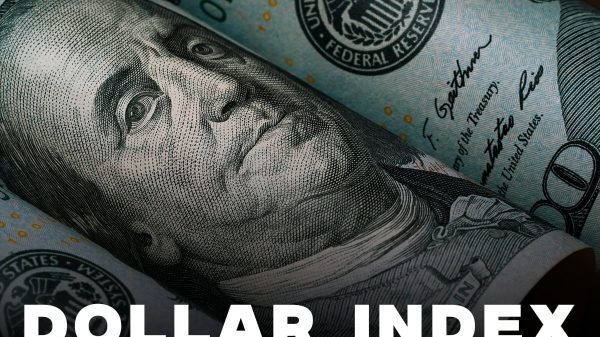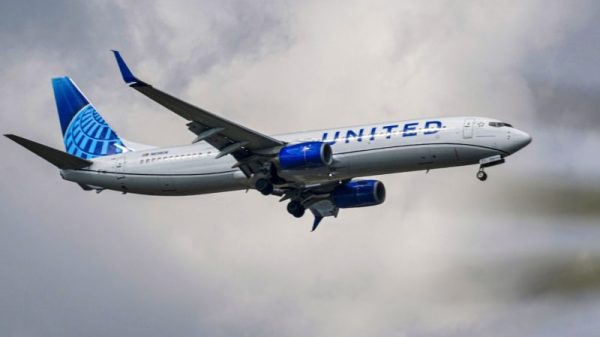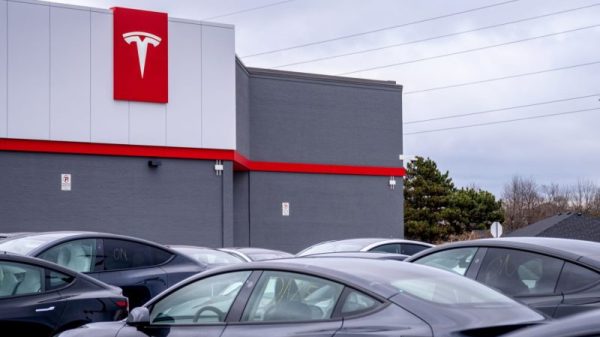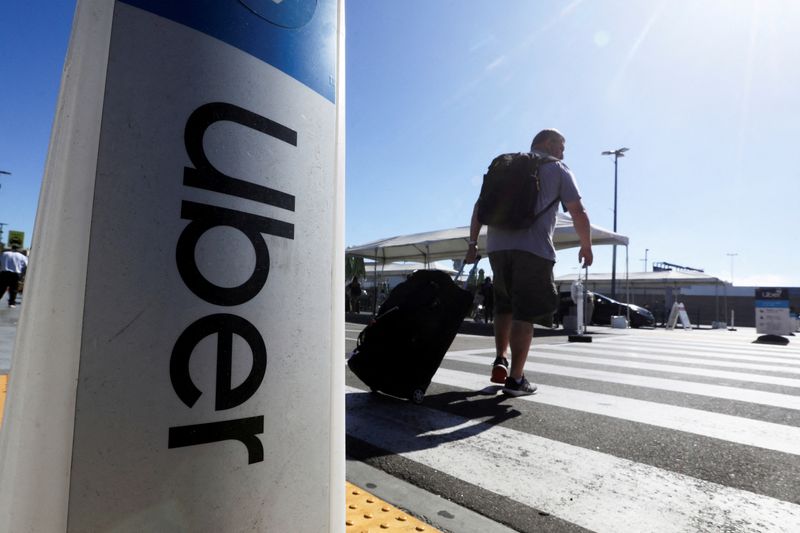Investing.com — Daiwa Capital Markets downgraded Uber Technologies (NYSE:UBER) stock from Outperform to Neutral, a move driven by “limited valuation upside and potential risks from high fixed-cost robotaxi model.”
Uber shares fell more than 3.6% in premarket trading Thursday.
Although the threat from Tesla’s robotaxis is not immediate, the EV giant’s model presents several challenges for Uber, according to Daiwa. These include a potential reduction in revenue per mile, even if Uber were to incorporate robotaxis into its network, a possible loss of control over pricing, and initial competition from robotaxis in areas of high usage.
“We also see the business shifting to a more leveraged model at the gross margin level, which puts a lot more onus on topline growth,” Daiwa analysts said in a Wednesday note.
This shift comes at a time when the frequency of trips in the U.S. ridesharing market has not yet returned to pre-pandemic levels. The emergence of robotaxis underlines the difficulty of sustaining growth in gross bookings without reducing the cost per ride.
Further elaborating on the impact of robotaxis, Daiwa highlighted Tesla (NASDAQ:TSLA)’s ambition to offer rides at under $0.40 per mile, a stark contrast to the approximately $5 per mile in gross bookings that Uber and Lyft (NASDAQ:LYFT) currently earn in the U.S.
The high fixed costs associated with robotaxis may prompt partners like Waymo to take control of pricing to attract new customers or those from traditional ridesharing services.
In addition, the transition to a low-margin, high-volume business model may encourage robotaxi operators to bypass platforms like Uber and Lyft and reach customers directly.
With the average speed of Lyft rides being under 25mph, and a majority of U.S. rides occurring in dense metropolitan areas, these regions are particularly well-suited for robotaxi operations.
Daiwa analysts said their rating cut “is more longer term oriented and not based on 3Q earnings performance.”
The firm expects Uber to report adjusted EBITDA of $1.67 billion on $41.5 billion in gross bookings, both at the higher end of guidance ranges.

































